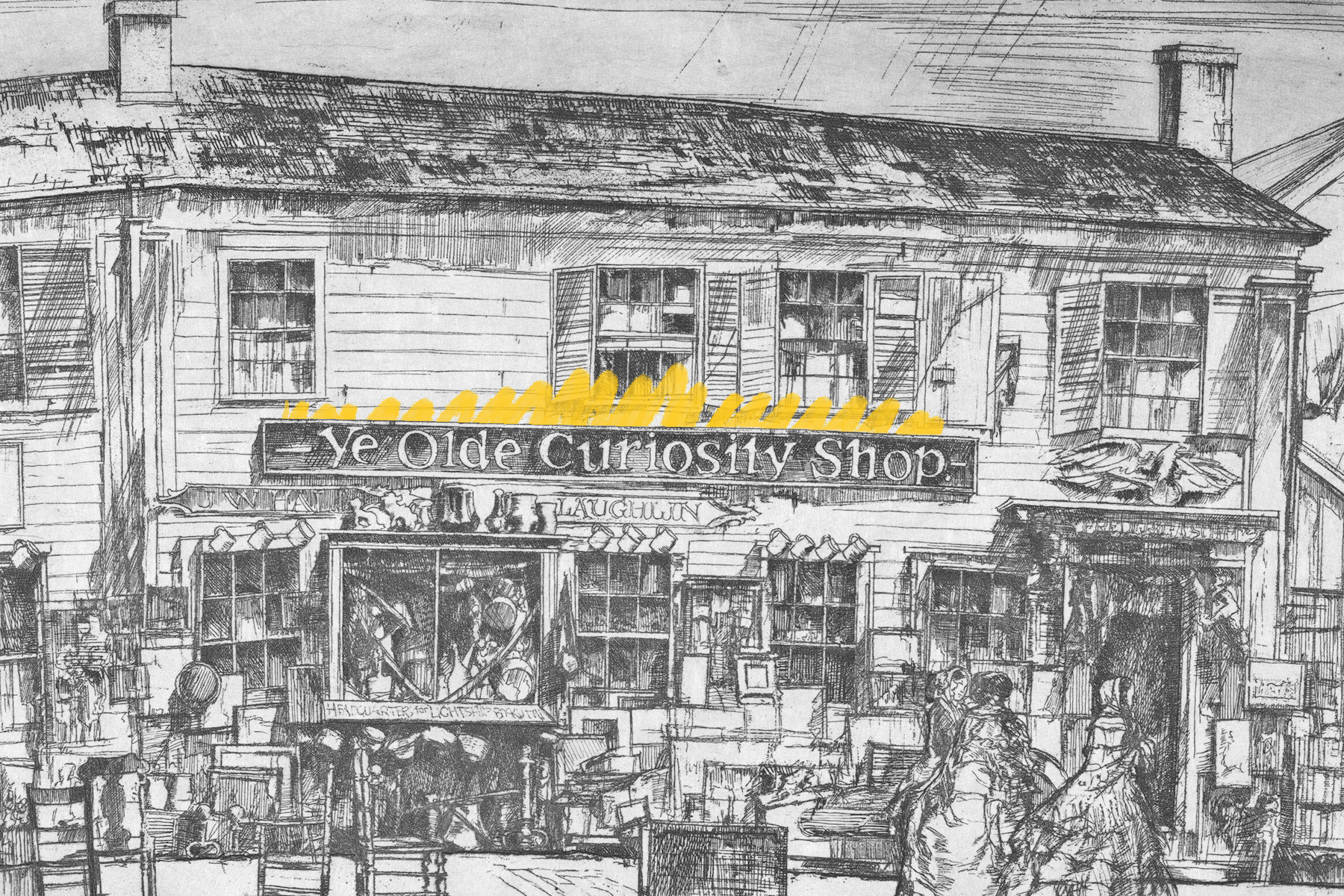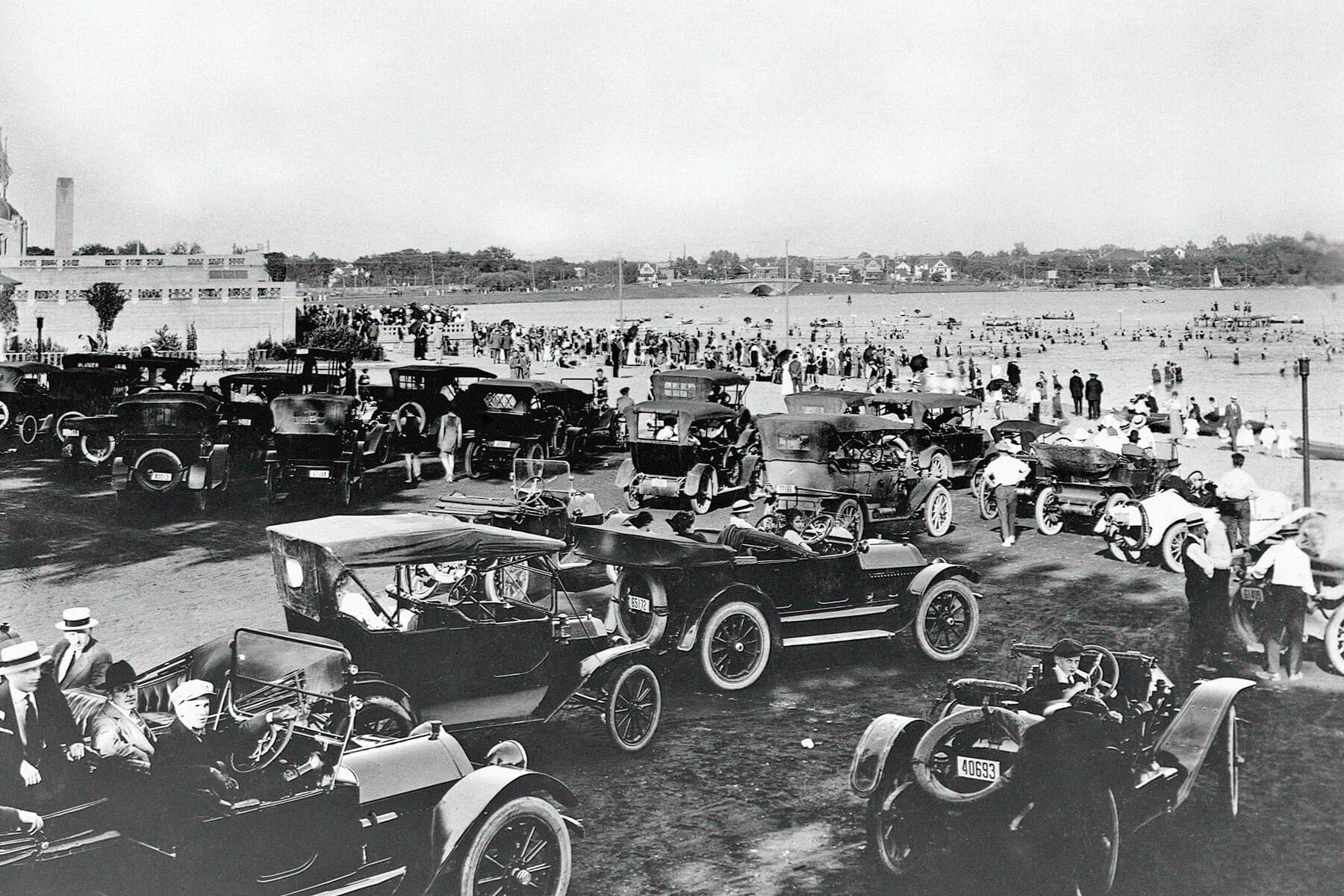 |
"Ye olde" is pronounced "the old." |
Arts & Culture |
 |
| |
| Until the Late Middle English period (beginning around 1450 CE), one common spelling of the word "the" was "þe," particularly when the word was used at the beginning of a sentence. Over time, Middle English speakers began writing "þ" in a way that looked a little more like a "Y," and once the printing press was invented, printers started just using "Y" to represent the character, especially when converting older written documents to typed ones. By then, "th" was also being used to represent the sound (the letter combination dates all the way back to ancient Rome), and it eventually took over the letter "Y" in the spelling of the word. | |
| "Ye," meaning "the," reentered the popular lexicon with its modern pronunciation around 1850 as a gimmick for businesses that were trying to appear old, a usage that still persists today in business names such as Ye Olde Curiosity Shoppe. Soon after, "ye olde" also became a figure of speech for describing anything as archaic; one of the earliest uses referenced in the Oxford English Dictionary is a magazine article that describes a character as "ye olde fogie." | |
 |  |
 | |||
| |||
Sick of Mediocre? 2024's Best Hearing Device Is a Game-Changer | |||
| Thank you for supporting our sponsors! They help us keep History Facts free. |
 | ||||||||||||||
By the Numbers | ||||||||||||||
| ||||||||||||||
| ||||||||||||||
 | ||||||||||||||
| ||||||||||||||
The letter "W" used to literally be a double "U." | ||||||||||||||
| Another runic holdout from Old English is the letter wynn, or "ƿ," which made a "W" sound. The Latin alphabet didn't have an equivalent letter, so the sound was often represented by the letters "U" or "V." In the eighth century CE, the sound started to be written as "UU"— literally, a double "U." England returned to wynn for a while, but "UU" made its way across the continent and started appearing in Germanic, French, and Celtic words. Norman scribes reintroduced "UU" to England in the 11th century CE, and wynn was phased out by about 1300 CE. "W" became its own character very early on in the English alphabet, but the name "double U" stuck. | ||||||||||||||
 | |||
Recommended Reading | |||
 | |||
| | |||
 | |||
| | |||
| + Load more | |||
| |||||||||
| Contact us | |||||||||
| Privacy Policy | |||||||||
| Terms of Use | |||||||||
| Do Not Sell My Info | |||||||||
| 700 N Colorado Blvd, #513, Denver, CO 80206 | |||||||||








0 komentar:
Post a Comment